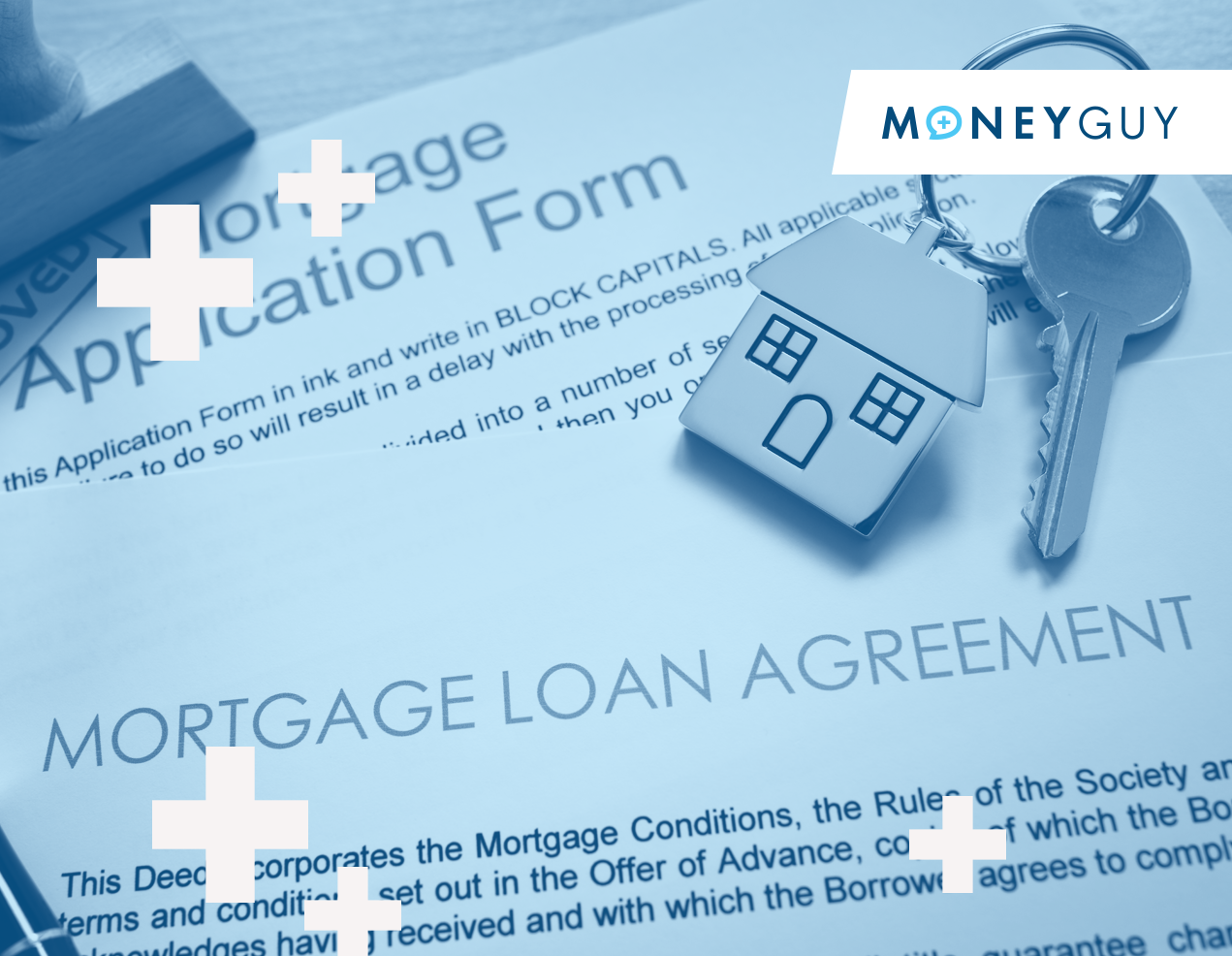Jay's question is up next. He says, "I'm maxing out my 401k, IRA, and HSA, and also contributing to a taxable brokerage and a 529. So should any excess funds go towards paying off my mortgage (it's a 2.25 percent interest rate), or should he be investing more?" To give it some context, he's turning 46 this year. So, fight, fight! No, just kidding, but I know you're going to have some hot takes. I'll give them the background, then I'll be the old man that gives the philosophical stuff because I'm battling this personally. I don't know. I was actually going to defer the kick into the second half, but okay, I'll take it now. I'll go ahead and receive.
So here's the answer, Jay. I don't know your income. You're maxing out your 401K. You're maxing out your IRA, that's $6,500. You're maxing out your HSA, and I'm going to assume you're a family, let's say $7,750. I'm going to guess that that's going to put you in the 25% savings rate. I don't know that for sure. You're also saving into a taxable account. You're also funding a 529. If you're following the
Financial Order of Operations, you want to hold it up for me real quick? Oh yeah, oh yeah. If you're following the
Financial Order of Operations, that suggests to me the fact that you're doing 529s now, that you're in step eight, prepaid future expenses. Our general stance is once you've done all the things that you're supposed to be doing the way that you're supposed to be doing it, at this stage of the game, you get to do with your money what you choose to do with your money, meaning you don't have to think about optimization at 46 years old. If you have a desire to begin paying down your debt so that you can be debt-free, that is an option. Remember, at the end of the day, money is nothing more than a tool that allows us to accomplish the goals that we want to accomplish. So, if one of your goals is to be debt-free, then I think it's probably okay if you pay it on the mortgage.
If your goal is to optimize, I would sincerely and seriously ask you to consider the fact that you have a mortgage that's at 2.25 percent, which is super, super, super low. And save you retiring in the next five, seven, ten years, assuming you're going to continue to work until you're 55, 60, 65. You got a long-term time horizon. There's a really good chance that the dollars that you deploy out in the open market, especially considering that right now the market's down, it's not been a fantastic investing year, could likely grow at a rate greater than 2.25 percent over the interim term. So, if you're thinking about optimization, there seems like there's a reasonable likelihood your dollars could do better out working for you in the market than they could satisfying your mortgage. When Brian and I've gone back and forth on this, and the time say your goal is to be debt-free by the time you're 55, I would argue that you might be better able to satisfy that goal by taking advantage of the low-interest mortgage, putting your money to work for the next couple of years, and then at age 55, having the opportunity, ability to just stroke a check and knock out the mortgage.
So, Jay, I'm just going to give you the short answer and then give you the old man pontification because me and you are very similar in age and so forth. I think you can pay it off if you want. I mean, go ahead, let it rip, pay it off. You're over 45 years old. I think you've probably shown that you're doing definitely greater than 25 percent, so go ahead and do it. I'll share, and this pains me to share because it does fall into Bo's camp slightly, not as heavy as he is on it. I just did my net worth saving stuff, and I had a goal that I wanted to be completely mortgage-free by 50. You know, I'm sitting on the horizon of that goal coming up in the not too distant future, but here's the problem I have. I have a 2.5% mortgage. I'm down to where I only owe $200,000 on the house. I have more than that in cash, but the problem is my cash is paying me.
Now, look, I know when you guys watch this a year from now, who knows where rates will be, but right now, paying significantly more than more. I don't mind saying the number. I mean, hopefully, people realize we're not always live. We are live right now, but right now, I'm getting paid a little over 4.3 percent. So, you can see I have a dilemma. Here's what I've done. I've had to ask myself what's the why. Bo and I bought this building back in 2021, and it required because I was running fat on cash at that time. We eat our own cooking. We are not hypocrites. I am more than putting 25 percent to work of my gross income, but anything above and beyond that, I was planning on. That's why my mortgage is so low. I just decided, you know what? I'll just let my cash fatten up and see if another building, another opportunity because we're growing so well that I don't know if we need to buy land. I don't know if we need to be prepared for five years down the road that we need to do this. So, I'm just trying to figure out the why, and that's what I would tell you, Jay, to figure out what your why is. Now, a lot of people, if you're not having to navigate a big, you know, like we have a company now with getting close to 30 employees, I have to carry around the weight and the tail of that so we can cover payroll so we can have the decisions for buildings and other capital needs in the future. A lot of people, it's just will help you psychologically to be debt-free because what? The opportunity cost between paying off the mortgage versus what you can make in the cash, the spread probably might be small enough that you go, you know what? I'll just be happier. And there's a lot of. I've already checked the box that I'm doing 25%. It's just what's the great situation versus is there to maximize even beyond the situation, and if there is, what's the why? And if you can't answer that, I mean, I can at least put some love on that.
If you want to know how powerful your dollar bills are, check out our
Wealth Multiplier deliverable here.













